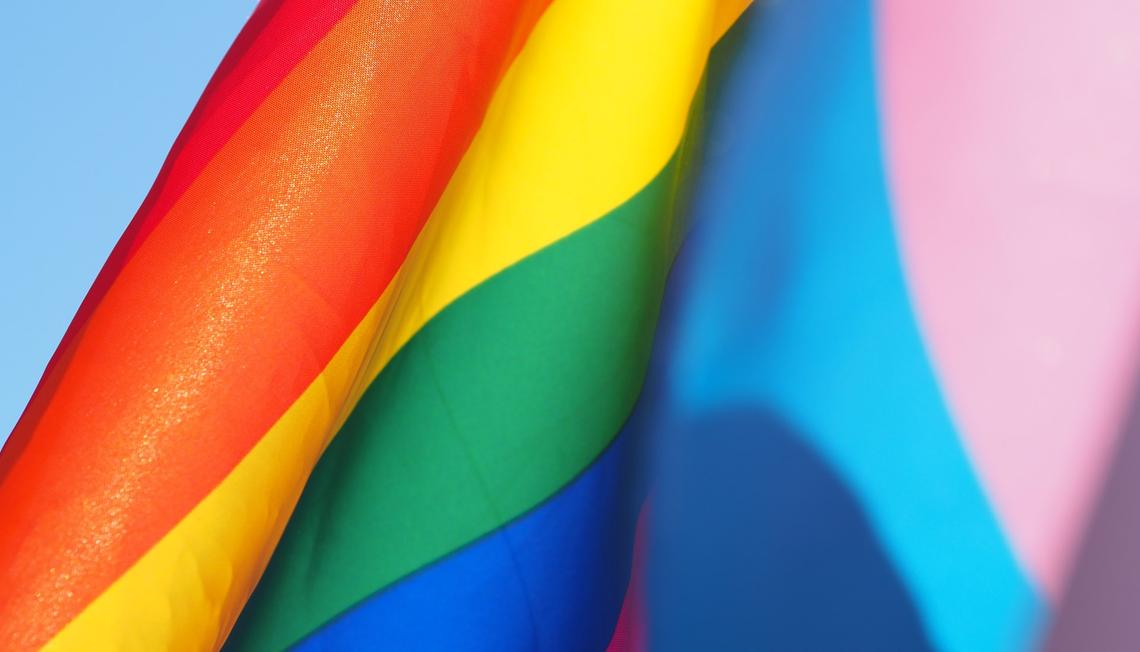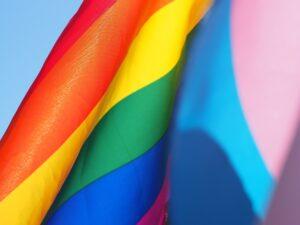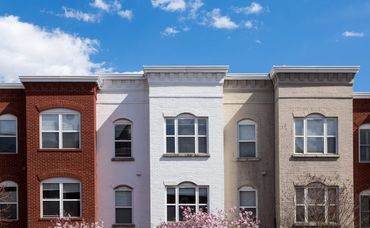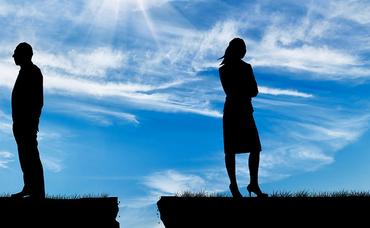The Washington, DC Metro area is home to a vibrant, year-round LGBTQ+ community – and that’s especially visible when the Capital Pride Alliance’s Pride festivities get underway in June every year.
Events like Pride were made possible by committed, resourceful, and creative pioneers who fought to provide for the needs of their communities. Many enjoy Capital Pride as a celebration of self-expression and progress. And while progress has been made on many fronts, Pride celebrations remain part of an ongoing decades-long fight for equal treatment.
History of Pride in DC
The Capital Pride festival has been held in June every year since 1975, when it began as a block party held at historic gay bookstore Lambda Rising on Father’s Day. About 2,000 people attended the first Pride celebration, and within a few years that annual block party grew to multiple blocks.
Today, hundreds of thousands of people flock to Pride events in DC every June – city residents as well as tourists.
Washington, DC’s LGBTQ+ History
As late as the 1950s, the LGBTQ+ community in the Washington, DC Metro Area still gathered mostly at house parties and private, often downright secretive events. Deep stigmas and discriminatory laws put the jobs, careers, housing, and safety of LGBTQ+ people at risk.
In 1953, inside an unassuming two-story brick building in Columbia Heights, Nob Hill offered a private social club where Black gay men could socialize and meet. At the time, segregation and racism shut Black LGBTQ+ people out of even what gatherings and social spaces existed for the community then. After four years of operating as a private social club, Nob Hill Restaurant opened to the public as an openly gay, Black-owned bar in 1957. Nob Hill operated continuously until it closed in 2004.
During the Lavender Scare – a particular strain of McCarthyism – thousands of members of the federal workforce who were believed to be gay or lesbian were interrogated, publicly denigrated, and fired from government jobs.
For example: The Army Mapping Service investigated astronomer Dr. Franklin E Kameny and dismissed him from federal employment in 1957. Kameny fought this firing for years, ultimately seeking review from the Supreme Court.
In the 1960s, a wave of LGBTQ+ organizations began to multiply in DC, led by pioneers determined to fight, reach out, and provide for persecuted LGBTQ+ communities in full public view.
Kameny and Jack Nichols founded the Mattachine Society of Washington (MSW) in 1961: the first gay civil rights organization in DC. MSW originated the slogan “Gay is Good,” and soon attracted both local and national media attention through picket lines, outreach, and gay publications.
Thus began a wave of organizations throughout the 1960s and 1970s: support groups, gay discos, motorcycle groups, women’s bars, student associations, attorneys’ associations, theaters, community centers, women’s centers, more activist groups, churches, a synagogue, youth groups, a radio show, national publishing presses, sensitivity training for the Maryland Police Department, and health clinics like Whitman-Walker Health, which continues to serve DC’s LGBTQ+ community today.
Nancy Tucker and Bart Wenger first published independent newspaper The Gay Blade on October 5, 1969 with a staff of volunteers. It began as a single sheet written and published entirely as a single letter-sized page, and is now regarded as an independent American newspaper of record. At over half a century old, The Blade is now the oldest gay newspaper still in publication today as The Washington Blade.
In 1975, the Washington Area Gay Community Council published its first local guide to the growing DC LGBTQ+ community: Just Us listed about 60 gay community organizations.
Aforementioned gay bookstore Lambda Rising was founded in 1974 in a space smaller than a studio apartment on 20th ST NW in DC. Its purpose was to demonstrate demand for gay literature to the publishing industry. It offered about 250 titles when it opened, and over 20,000 titles when it closed in 2008.
Capital Pride 2021
The Capital Pride Alliance has organized month-long events for June 2021, including a Pridemobile parade that will drive through some of the city’s iconic landmarks and vibrant neighborhoods.
Long after the parade and its many events, though, LGBTQ+ flags of varying kinds remain on display in DC year-round. Walking through a neighborhood like Dupont Circle, you may see a trans flag in the window of a coffee shop, a bear flag tacked to the wall of a pizza joint, and Pride flags flying from balconies.
Important work toward true equality continues to be done today in the LGBTQ+ community, and historic sites significant to the fight for LGBTQ+ equality remain to be visited year-round.
Further Reading







